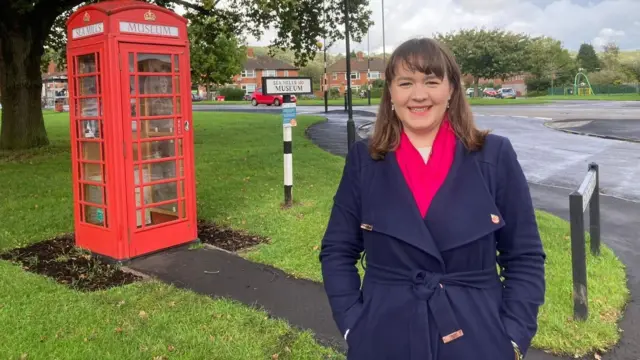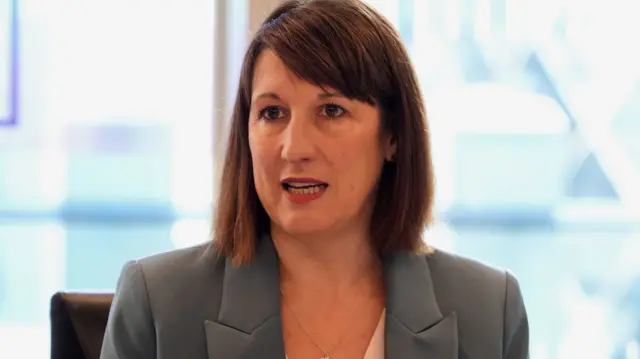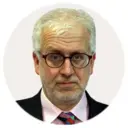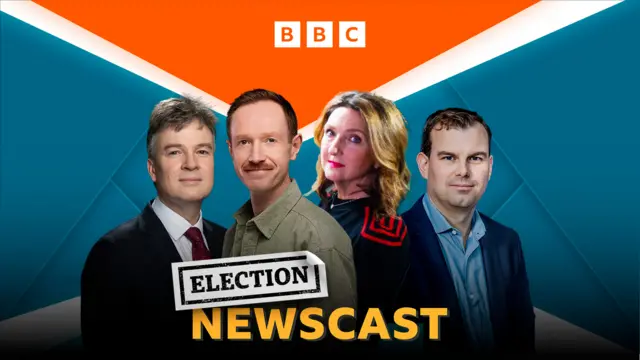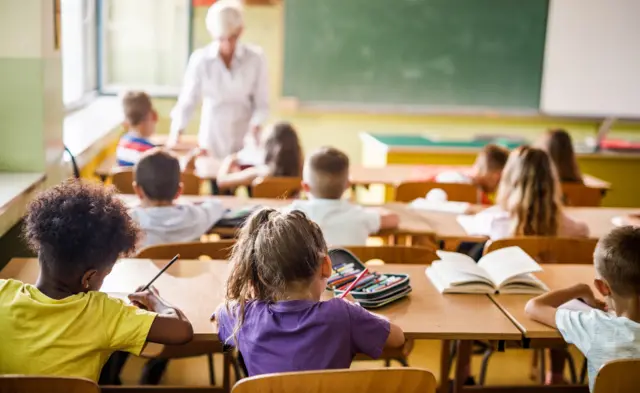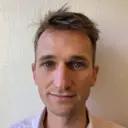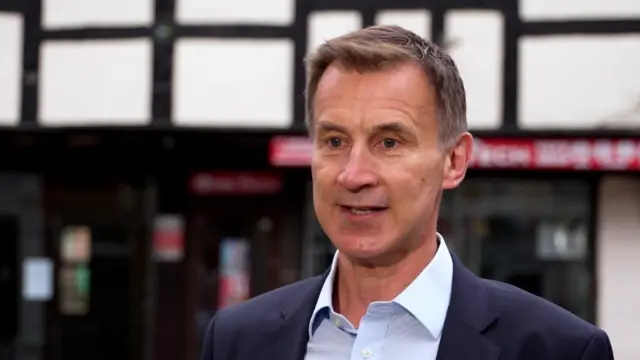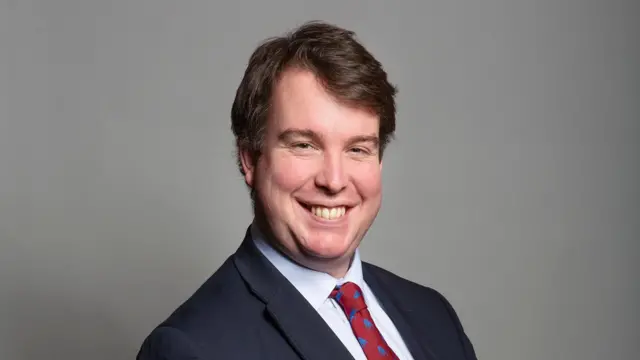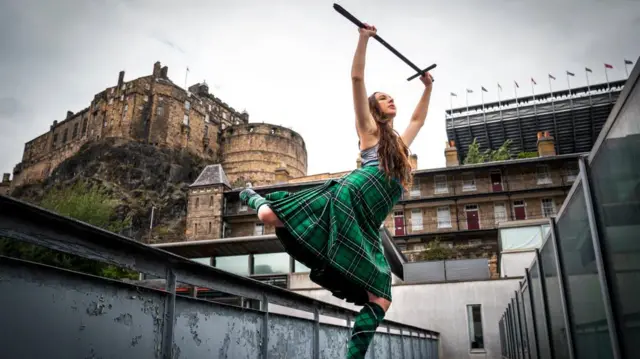Thank you for readingpublished at 00:06 BST 20 June 2024
Patrick Jackson
Live page editor
And with that, we're wrapping up our general election live coverage for today. But if you're still itching for more political news, fear not – we've got plenty for you to dig into across the BBC, including Second Tory candidate looked into over election betting.
Tomorrow marks two weeks until the general election, and Thursday is already shaping up to be an interesting day.
As usual, we'll be bringing you live updates from the campaign trail, but we'll also have Question Time's leaders' special – with the leaders of the four main parties in Britain – to look forward to.
The two-hour long programme will be broadcast from 20:00 BST tomorrow evening here and across the BBC.
My colleagues will be back bright and early to bring bring you live updates, reaction and analysis throughout the day here on this page.
But for now, thank you for joining us and goodnight.

